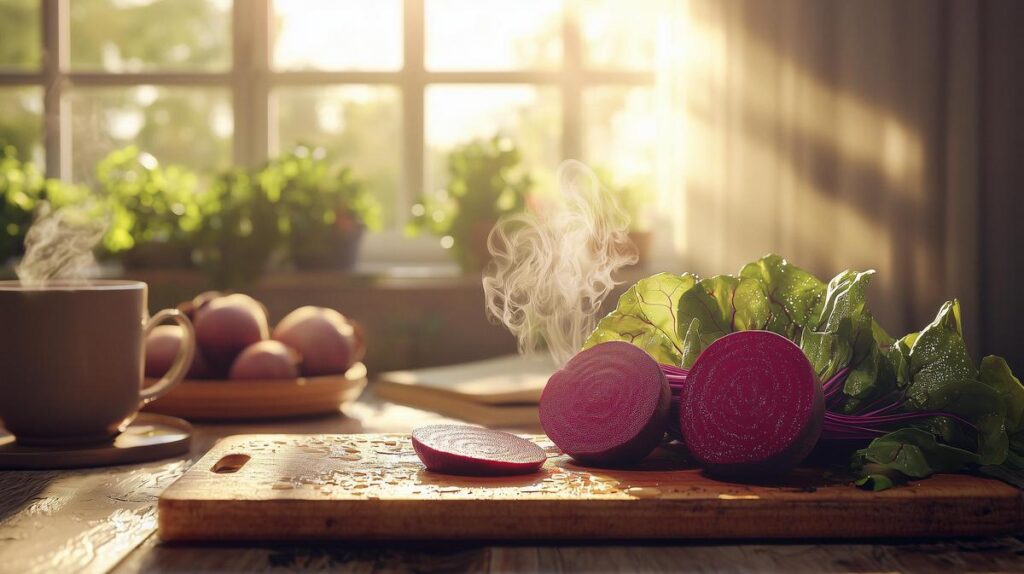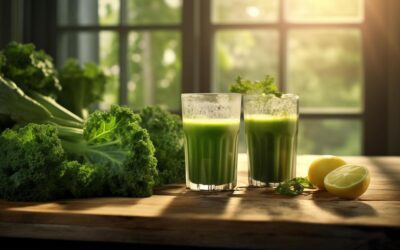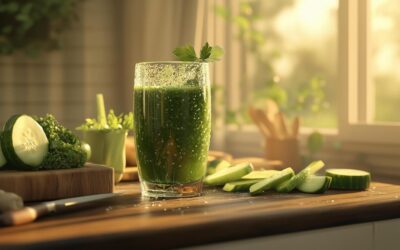TL;DR:
- Pregnant women can safely eat beetroot; it’s rich in iron, folate, fiber, and nitrates.
- Benefits: Supports fetal neural development (folate), improves blood health (iron), reduces anemia risk, aids digestion, boosts immunity (vitamin C), and manages blood pressure and fluid balance (potassium).
- Safe in moderation; excessive intake may cause “beeturia” (red/pink urine/stool), mild stomach discomfort, or affect low blood pressure due to nitrates.
- Those with kidney stones or beet allergies (rare) should avoid excess intake; allergies may cause itching, rashes, or swelling.
- Ways to consume: Beet salads, roasted beets, beet juice with other fruits/veggies; steam or bake to retain nutrients.
- Beetroot is a valuable pregnancy food for maintaining maternal health and supporting the baby’s growth.
Can pregnant women eat beetroot? Absolutely—but there’s more to the story. Beetroot isn’t just safe; it’s packed with nutrients that could help both you and your baby thrive. From boosting hemoglobin to supporting fetal growth, this vibrant veggie is a powerhouse. But, like any food, it has its quirks. Let’s dive into the benefits, risks, and best ways to enjoy beetroot during pregnancy. You’ll be surprised by what you learn!
Can pregnant women eat beetroot safely?
 Yes, pregnant women can eat beetroot safely. It is a nutrient-rich vegetable filled with vitamins and minerals that support both you and your growing baby. Eating foods like beetroot during pregnancy can give your body iron, folate, and fiber. These help improve blood health, support fetal development, and ease digestion.
Yes, pregnant women can eat beetroot safely. It is a nutrient-rich vegetable filled with vitamins and minerals that support both you and your growing baby. Eating foods like beetroot during pregnancy can give your body iron, folate, and fiber. These help improve blood health, support fetal development, and ease digestion.
Is beetroot safe for pregnancy?
Beetroot is safe for most pregnant women. It contains folate, which plays a key role in preventing neural tube defects in babies. The vegetable also has nitrates, which may improve blood flow and lower high blood pressure. You can eat beet salads, drink beet juice, or have it roasted. However, those with specific medical conditions like kidney stones should eat beetroot in moderation because of its oxalate content.
What are the side effects of beetroot during pregnancy?
Beetroot side effects are rare but possible. If eaten in large amounts, it can cause something called “beeturia.” This harmless condition makes urine or stool appear red or pink. You might also feel mild stomach discomfort if beetroot is new to your diet. High levels of nitrates in beets could concern those with low blood pressure. Small amounts consumed regularly are best for avoiding any issues.
Can allergies to beetroot affect pregnant women?
Although uncommon, it is possible to develop an allergy to beetroot. Allergies might cause itching, skin rashes, or swelling after eating it. If this happens, it’s best to stop eating beets right away. Talk to your doctor if you think you have a beet allergy. Testing can confirm whether the beetroot is the issue. For most people, though, beets are completely safe and beneficial to eat during pregnancy. Learn more about beetroot and pregnancy here.
What are the benefits of beetroot during pregnancy?
Beetroot brings many benefits for pregnant women, thanks to its rich nutrients. First, does beetroot improve hemoglobin in pregnancy? Yes, it can. Beetroot is high in iron, an essential nutrient for making hemoglobin. Hemoglobin carries oxygen through your blood, which is vital during pregnancy. Low hemoglobin levels can lead to anemia, a common pregnancy problem. Eating beetroot regularly may help reduce anemia risks and boost your overall energy.
Now, how does beetroot support fetal development? Beetroot contains folate, also known as vitamin B9, which is crucial for your baby’s growth. Folate helps form and develop your baby’s brain and spinal cord during early pregnancy. Low levels of folate increase the risk of neural tube defects. By adding beetroot to your meals, you may support healthy fetal development and lower these risks.
But what nutrients in beetroot benefit pregnant women overall? Aside from iron and folate, beetroot contains nitrates, which improve blood flow. Better blood flow can deliver more nutrients and oxygen to your growing baby. Beetroot is also packed with vitamin C, potassium, and fiber. Vitamin C boosts your immune system and helps you absorb iron better. Potassium balances fluids in your body, managing swelling and blood pressure. Fiber aids in digestion and prevents constipation, a common pregnancy complaint.
If you’re considering beetroot as part of your diet, its numerous benefits make it an excellent choice. To explore further, you might find this research on beetroot juice and fetal health insightful. Taking small, gradual steps like including one beetroot meal a day can lead to meaningful benefits for both you and your baby.
How can pregnant women include beetroot in their diet?
 Eating beetroot while pregnant is not just safe—it’s a smart choice. Beetroots are packed with iron, vitamins, and other nutrients that help both you and your baby. But how can you add beetroot to your diet without it feeling repetitive or boring? Let me walk you through some easy and creative ways.
Eating beetroot while pregnant is not just safe—it’s a smart choice. Beetroots are packed with iron, vitamins, and other nutrients that help both you and your baby. But how can you add beetroot to your diet without it feeling repetitive or boring? Let me walk you through some easy and creative ways.
One of my favorite ways to eat beetroot is in a salad. A simple beetroot salad during pregnancy can be made by roasting cubed beetroot until tender and tossing it with spinach, crumbled feta cheese, walnuts, and a splash of lemon juice. The roasted flavor adds something special, making it a healthy and tasty option.
Drinking beetroot juice while pregnant is another great choice. Should you drink juice or eat it raw? Beetroot juice is a quick way to boost your fiber and vitamin intake. Drinking fresh beet juice is easy on the stomach, unlike raw beet slices, which can taste earthy and less appealing to some. Try juicing beetroot with carrots, apples, and a slice of ginger for a refreshing mix!
Cooking beetroot the right way can keep its nutrients intact. The best cooking method is either steaming or baking. These two methods help retain most of the vitamins and minerals in the beetroot. Boiling should only be done if needed, as it can lead to nutrient loss in the water.
For more ideas on how to enjoy beetroot, check out these benefits of beetroots for pregnant women.
Whether you juice it, bake it, or add it to meals, beetroot offers delicious variety.
Conclusion
Beetroot is a nutrient-packed food that can be a great choice during pregnancy. It boosts hemoglobin, supports fetal growth, and provides key vitamins and minerals. While generally safe, it’s important to watch for side effects or allergies. Incorporating beetroot into meals—whether through salads, juices, or cooked recipes—can easily enrich your diet. By preparing it correctly, you retain its full nutritional benefits. Always listen to your body and consult your doctor if uncertain. Adding beetroot to your pregnancy diet can help you nourish both yourself and your baby effectively.





